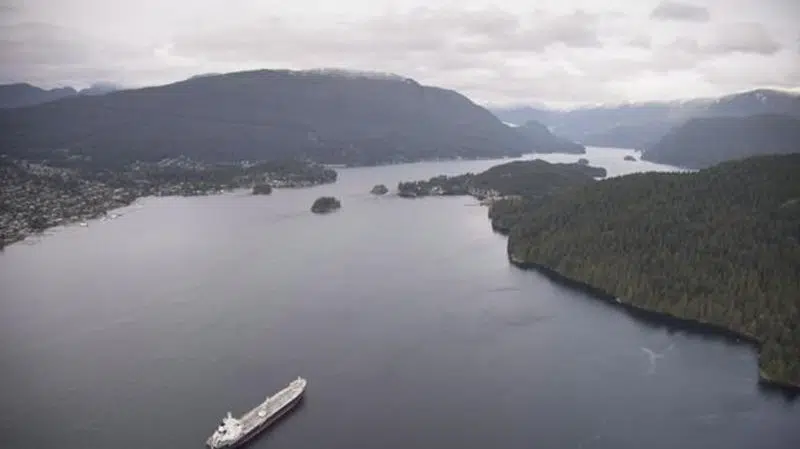
Almost $150 million in vaunted oceans-protection funding not spent
OTTAWA — Almost $150 million allocated to help protect Canada’s oceans has gone unspent by the Trudeau government over the past two years.
The Liberals have touted their $1.5-billion oceans protection plan as “the largest investment ever made to protect Canada’s coasts and waterways” — including efforts to mitigate the potential environmental damage from the expansion of the Trans Mountain pipeline.
The pipeline is to carry diluted bitumen from Alberta’s oilsands to the British Columbia coast for export to overseas markets, resulting in as much as a six-fold increase in tanker traffic and increasing the risk of oil spills and damage to marine life, particularly whales.
But in response to a written question tabled in the House of Commons by NDP fisheries critic Gord Johns about how the ocean protections plan funding has been spent so far, the government admits millions have not been spent.


